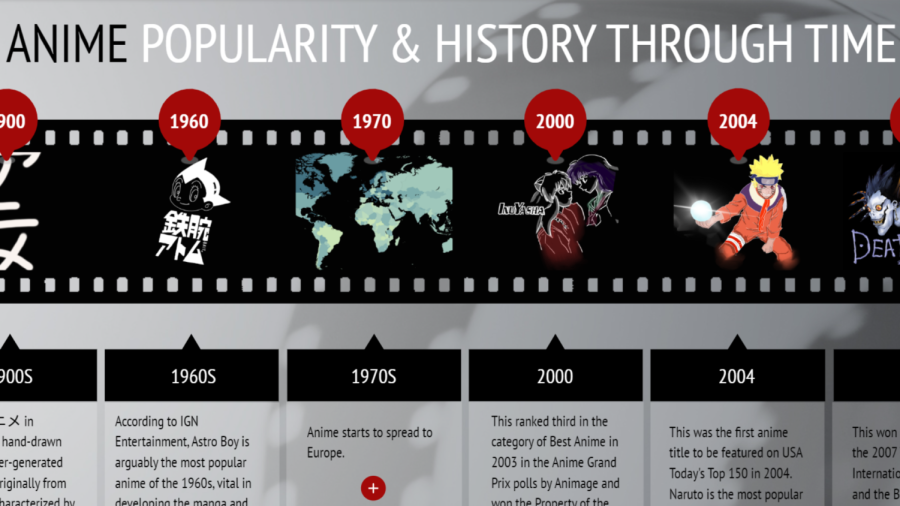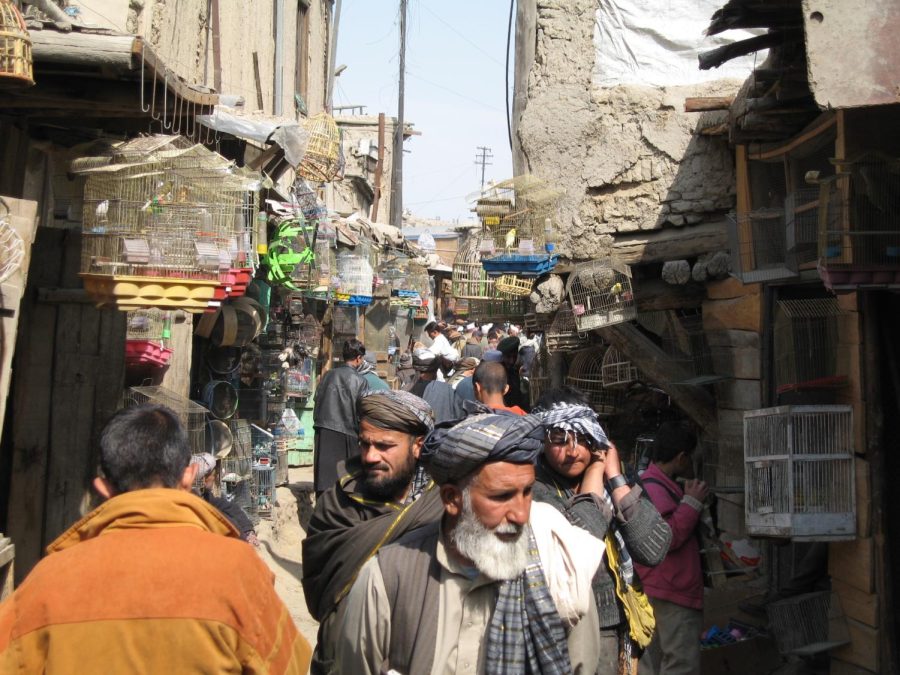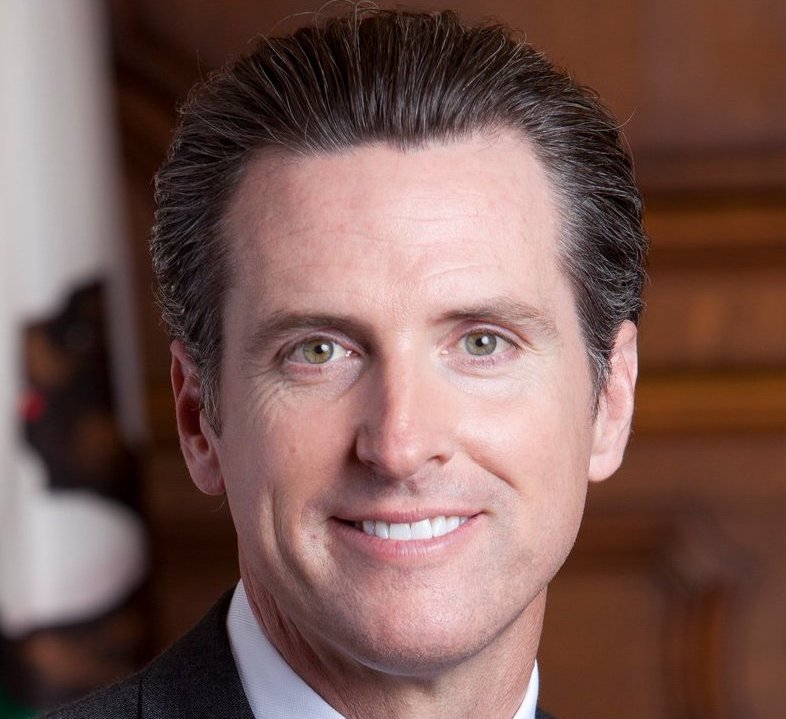During a time when there is an array of different and conflicting issues in our world and society, our generation must take responsibility for the future and start to listen and understand the news.
Most students either do not have time or do not find the news entertaining enough to watch, so they are missing out on some of the most vital information needed for their futures.
Instead of watching and listening to the “boring” news, students find most of their information through social networks.
Twitter tells them what a celebrity ate for breakfast, Facebook gives them someone to lurk on at lunch, and Yahoo tells them where the hottest spots are to go at night.
Social networking is a great way to retain information, and instead of using it for pointless updates, it should be used for spreading information.
The Kony2012 movement is a perfect example of how to make news relatable and accessible through social sites.
Although there are online forums and applications for major newspapers or news stations, most teenagers overlook these sources.
It is as likely for youth to gain consistent, viable information from a social network as it is for an entertainment reporter to get their facts right.
How many students are actually aware of the international issues we face today? Very few. And even more discouraging, even fewer are aware about problems in our own country.
It seems people are only aware during a time of a catastrophe.
A natural disaster wrecks havoc and everyone is captured by its destruction. A gunman opens fire at a high school and now everyone knows the step-by-step attack. A disease sweeps a nation and everyone understands its functions and consequences.
Our attention must be focused on all the varying issues, and aptitude needs to be applied for when they occur.
Of those who do know, or at least have a basic grasp of what is happening, do they understand what is being done to help the problem? Or more importantly, would you know what to do?
For example, everyone knows about the current state of the economy, but the “what went wrong?” and “how do we fix it?” questions constantly draw up a blank.
This thought process applies to many other situations, such as health care, strikes, taxes, scandals, etc. and the youth must become accustom to using this type of critical thinking upon making decisions in our futures.
We live in a democracy, arguably the most progressive type of government, a government that allows us to make our own decisions.
Yet many of us take for granted this fact, and lack appreciation in understanding how a democracy works.
Democracy is more than just “the people.” It is about balance between what the people want how the government can put those needs into action while keeping a safe and controlled society.
By learning this information at a younger age, more preferably in classrooms, students can expand their understanding as they grow older, creating a more well-rounded citizen.
If we know only the basic information and continue to stay out of the loop, what does our future hold?
There are people that have already acknowledged everything I have previously mentioned. There are people who routinely watch the morning news.
But these people are a small percentage. It is the rest of the youth that need to realize how critical it is to gain knowledge.
If our whole generation were to listen and be cognizant of what is going on around us, we would all be better prepared for the future.
We do not want to subconsciously agree with our sarcastic parents when they say, “I can’t believe YOU’RE going to be taking care of me when I’m old!”
The truth is, our generation will be the one that will be running the city, the state, the country, the world, in the future.
We cannot start off knowing nothing.
So we should start developing more well-informed mind set, using the new technological resources of today to our advantage.
Not only must we build confidence for ourselves, but for other generations, past and future.
All the information is out there. Take responsibility, for the betterment of yourself and everyone else in the world, by acquiring information through news sources.






